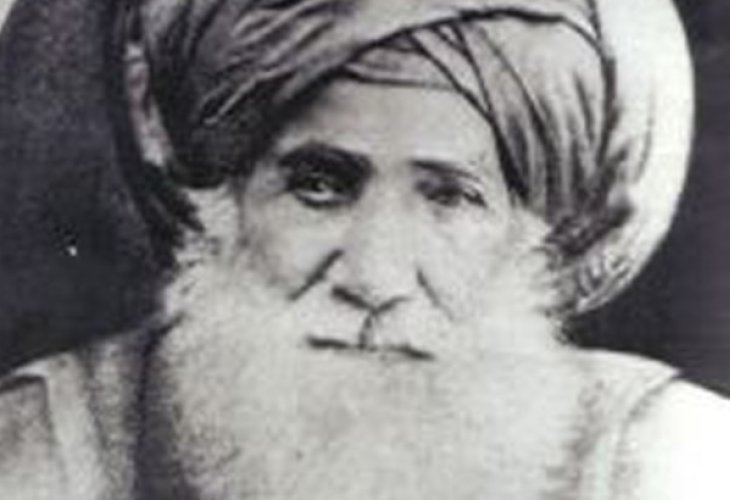10 Remarkable Facts About Rabbi Abraham Abdullah Somekh
Rabbi Abdullah Somekh was the influential mentor of the Ben Ish Chai and numerous other great figures. Here are 10 fascinating facts about his life and legacy.
 Rabbi Abdullah Somekh
Rabbi Abdullah SomekhThis coming Shabbat marks the 134th anniversary of the passing of Rabbi Abdullah Somekh, known for his profound influence on Baghdad's Jewish community. To honor his memory, here are 10 insightful facts about his life.
1. Rabbi Abdullah Somekh (1813 - September 13, 1889) served as the spiritual leader of Babylonian Jewry in the 19th century, shaping the religious landscape as a halachic expert deeply respected by all.
2. The Somekh family boasted a rich heritage in Babylon, producing rabbis, community leaders, and successful merchants. They traced their lineage back to Rabbi Nissim Gaon, author of the 'Great Confession' for Yom Kippur.
3. Witnessing a spiritual decline in his era, Rabbi Somekh recognized the need to foster the next generation's spiritual leadership. He gathered ten young students from the Talmud Torah, offering them free instruction in Talmudic studies. Supported by the generous benefactor Yechezkel Ben Reuven Menashe, who pledged to cover the students' needs, Rabbi Somekh established 'Midrash Abu Menshi,' a renowned center of learning that trained future leaders.
4. Rabbi Somekh's educational efforts bore fruit, with his students becoming prominent figures, including:
- Rabbi Yosef Chaim (the 'Ben Ish Chai'), a pivotal Sephardic authority in traditional Jewish law, and Rabbi Somekh's brother-in-law.
- Rabbi Yaakov Chaim Sofer, a distinguished legal scholar known for his halachic series "Kaf HaChaim."
- Rabbi Eliyahu Mani, a leading figure in Iraqi Jewry who later became the chief rabbi of Hebron.
- Rabbi Yehuda Ftaya, a revered scholar in Kabbalah.
Rabbi Somekh also ordained prominent rabbis like Rabbi Shimon Agassi and Rabbi Shalom Dangoor, among others.
5. Rabbi Somekh's influence extended throughout Babylon, his words guiding halachic practice. The book 'Ketz HaYamin' recounts how his reputation even earned the respect of non-Jews, who stood in reverence as he passed by.
6. In another story from 'Ketz HaYamin,' a ruler wanted to consult him about dismissing a judge. Awe-struck soldiers dared not disturb him teaching great rabbis and respectfully invited him for coffee with the ruler, who ultimately accepted Rabbi Somekh's unwavering decisions according to Torah law.
7. Among Rabbi Somekh's works are 'Zivchei Tzedek' on Yoreh De'ah and 'Chazon Lamoed,' along with responses on all sections of the Shulchan Aruch.
8. His responsa, reflecting queries from Iraq, India, and Persia, reveal an era of modernization and change. Rabbi Somekh's answers allowed for integrating modern advancements while maintaining Torah principles, especially for the Baghdadi community relocating to India.
9. Rabbi Somekh passed away from cholera but was temporarily denied burial in Baghdad. Arab rioters forced Jews to reinter him. After 84 days, his body was miraculously intact, creating a significant sanctification of Hashem's name.
10. During the reburial, the 'Ben Ish Chai' consoled the community, explaining that Rabbi Somekh's soul was rectifying the sins of King Ahaz, who closed study halls, by reopening them in his own life. This perspective brought comfort to those distressed by their rabbi's tumultuous reburial.
Rabbi Hertzl Hoder speaks about Rabbi Abdullah Somekh:

